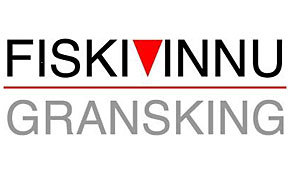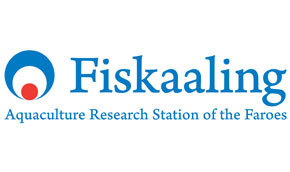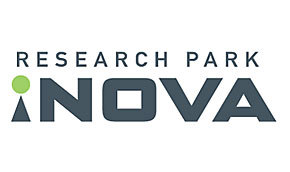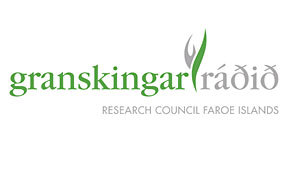Research and Development
There is a thriving and growing research culture in the Faroe Islands with several institutes, laboratories, museums and private companies working on original research projects.
The Fisheries Research Fund
The Fisheries Research Fund (Fiskivinnugransking/Fiskivinnuroyndir) is a dedicated research fund established by the Faroese Ministry of Fisheries aimed at increasing productivity in the industry by stimulating scientific and industrial Research and Development (R&D) projects in the areas of Marine Resources, Biotechnology, Fish Harvesting Technology, and Fish Processing Technology, in order to develop the Faroese fishing industry, harvesting, processing and trade.
The emphasis is on collaborative research and development projects between the private fisheries and fish production sectors and the public Faroese research and development institutes to find new ways of maximising our valuable marine resources, both for food and other uses. Enhancing the quality, quantity and range of products that can be made from available marine resources can help reduce wastage in production and relieve pressure on the natural resource base and the marine ecosystem, while also providing new economic opportunities.
The Priorities of the Fisheries Research Fund are:
- Experimental fisheries, production of fishery products and VAS – Value Added Seafood
- Responsible fisheries
- Economic and social development of the fishing industry and encouraging enhanced knowledge/skills in all units of the value chain
Seafood Research is administered by the Faroese Ministry of Fisheries. Aquaculture is administered by the Faroese Ministry of Foreign Affairs and Trade.
The Aquaculture Research Station of the Faroe Islands
The Aquaculture Research Station (P/F Fiskaaling) aims to provide an active research environment in the Faroes in order to improve the knowledge base and ensure quality and productivity in Faroese fish farming. The company focuses in particular on international research cooperation with other institutions and the fish farming industry.
Areas of research include farming of existing and new species, gene and biotechnology; feed, water and production practices, enhancing the quality of farmed fish, fish health and farming environment.
iNova
iNova is a Research Park located in Tórshavn, the Faroe Islands, where private enterprises and public institutions can access state-of-the-art laboratories, instruments, offices and an event location. iNOVA is a scientific environment, where research departments of private companies shares a roof with the university and public research institutions, granting improved access to high-end instruments and allowing coordinated cooperation and shared skills and competences between users.
iNOVA was created as part of a coordinated effort by the Faroese government and an array of the largest private enterprises on the islands to improve the scientific infrastructure of the Faroe Islands.
International collaboration
International collaboration is essential to the quality of Faroese research and innovation. Faroese researchers participate in many international networks, and the Faroese research and innovation landscape is to a large extent anchored in international partnerships.
The Faroe Islands became formally associated to the EU Seventh Framework Programme (FP7) in 2010, and Faroese researchers and institutes have led or taken part in a range of European projects in areas such as environment, climate change, ecosystems and fisheries management. In 2014 the Faroe Islands became an associated country under the EU Horizon 2020 research programme.




